BAS51 - World Bank's Journey to a Knowledge-Based Organization
VerifiedAdded on 2023/05/29
|6
|751
|226
Case Study
AI Summary
This case study examines the World Bank's strategic shift towards knowledge management under the leadership of James Wolfensohn, who envisioned the bank as a 'knowledge bank' rather than merely a lending institution. The absence of effective knowledge management had previously led to inefficiencies, project delays, and over-reliance on centralized decision-making in Washington D.C. Wolfensohn's vision emphasized knowledge sharing and leveraging internal expertise, facilitated by information technologies and satellite communication, to empower local initiatives and reduce poverty more effectively. The transformation involved decentralizing operations, enhancing communication skills, and building a robust knowledge bank to provide innovative solutions for developmental projects, marking a radical change in the World Bank's operational strategy and global impact. The case study references the BAS51 Dimensions of the Knowledge Society module.
1 out of 6
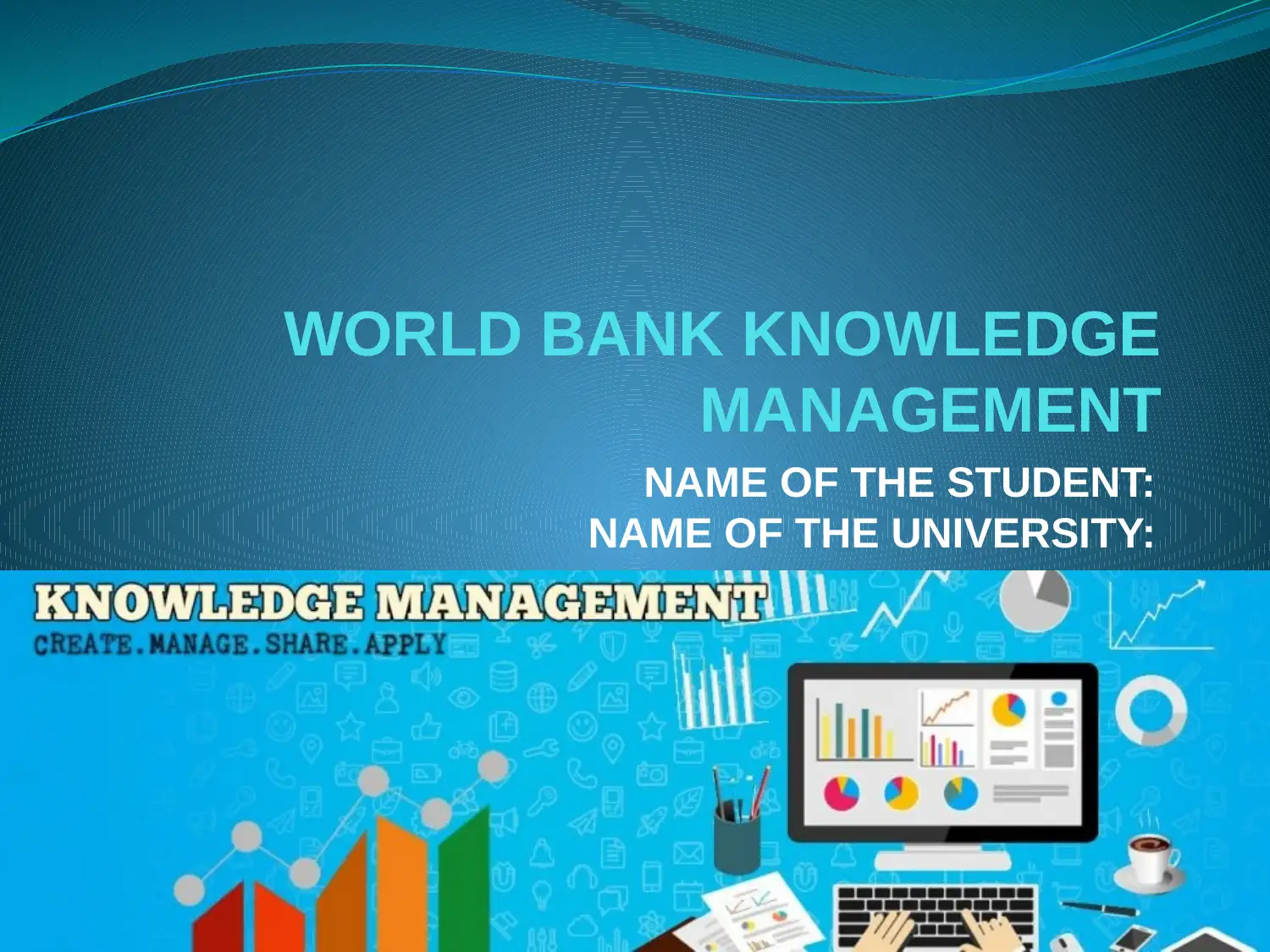
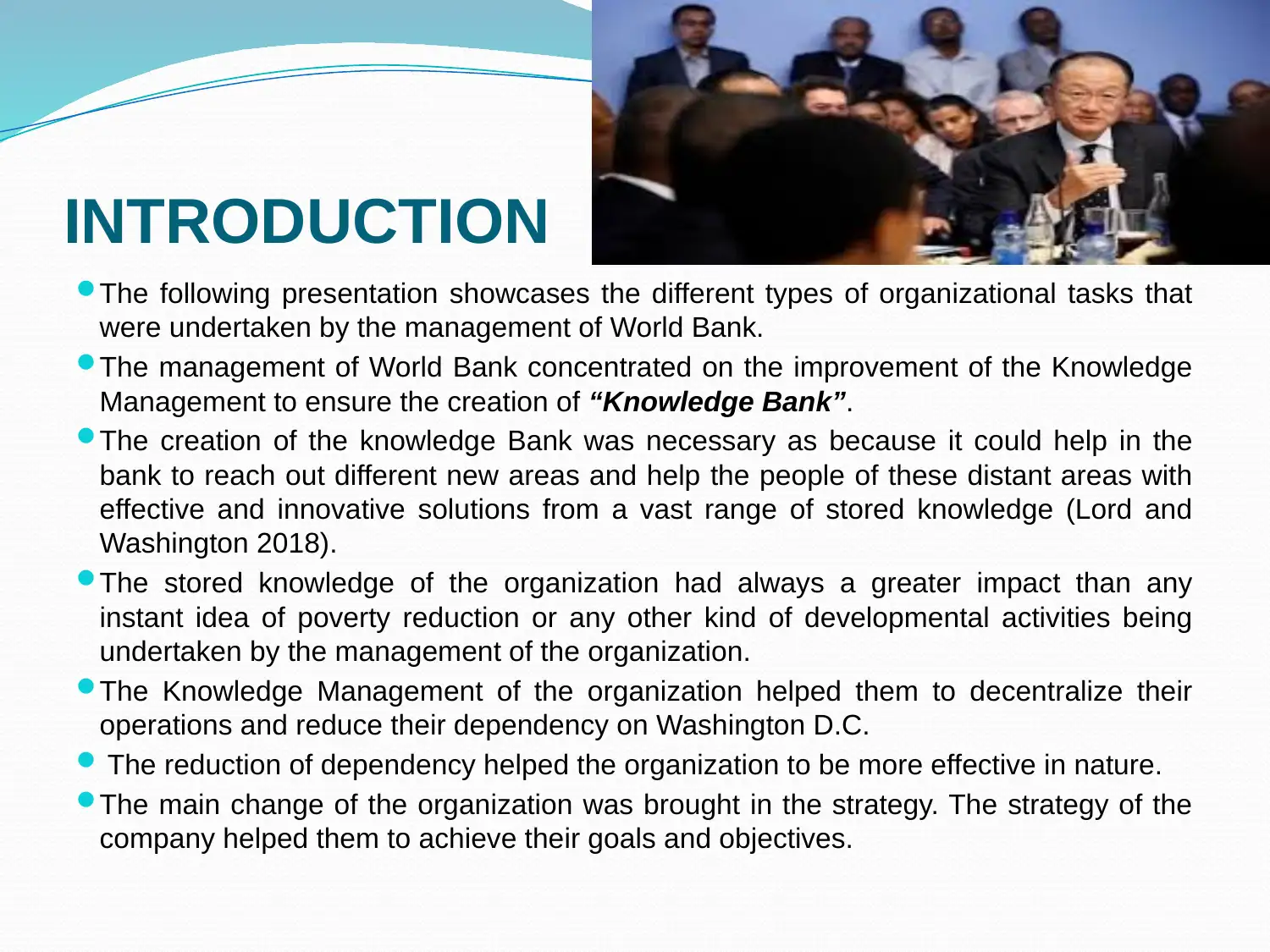
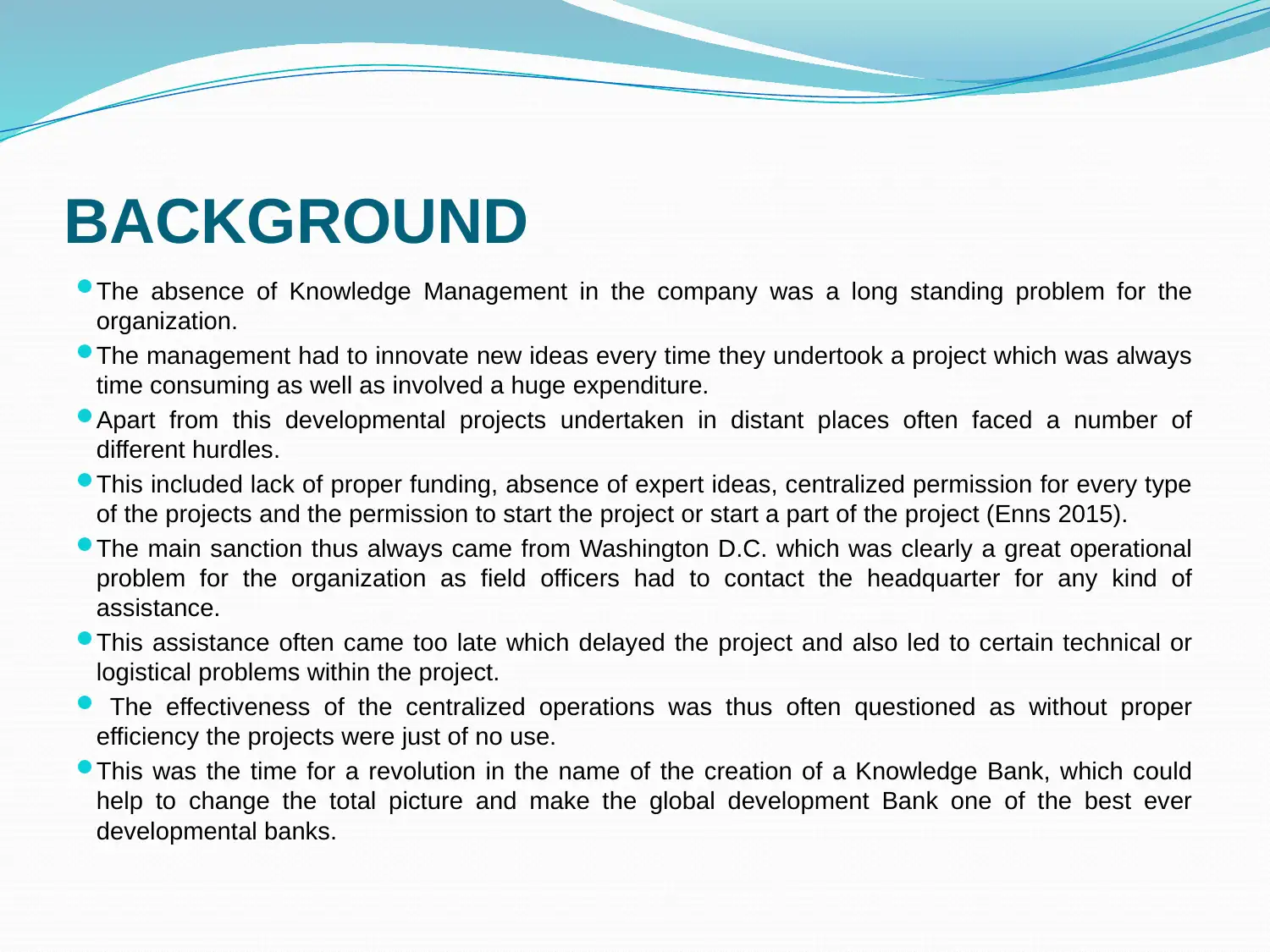

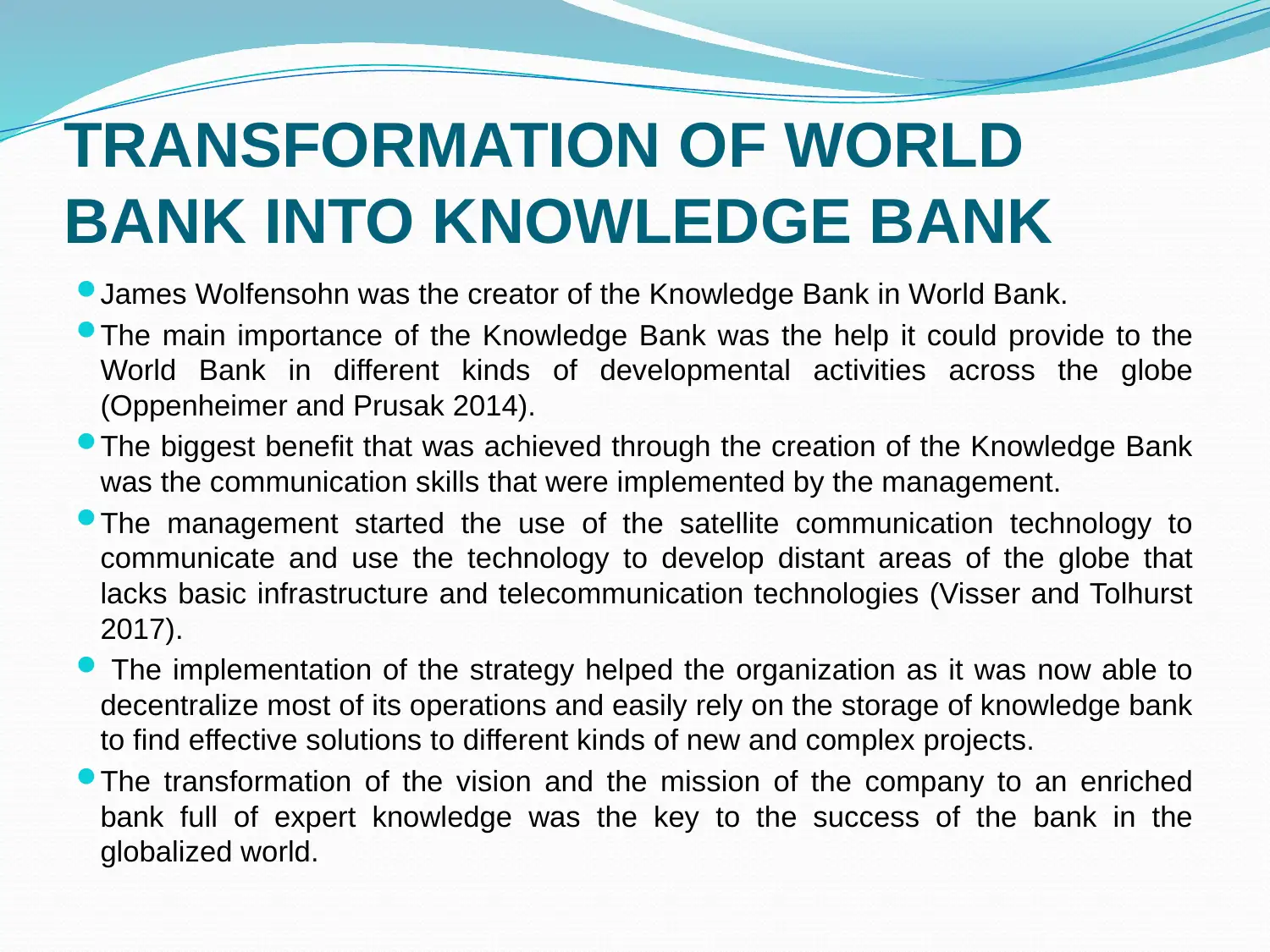
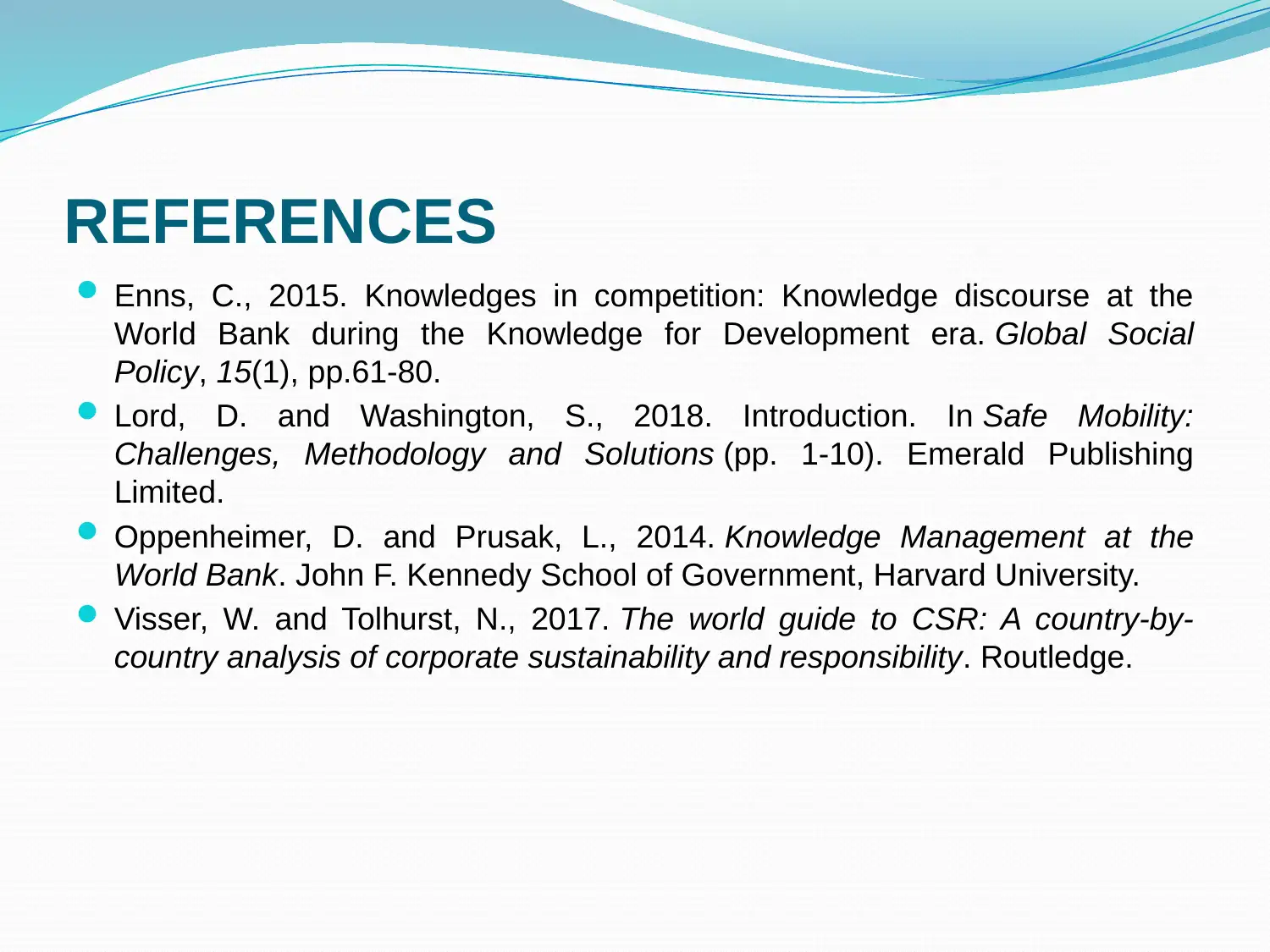


![[object Object]](/_next/static/media/star-bottom.7253800d.svg)